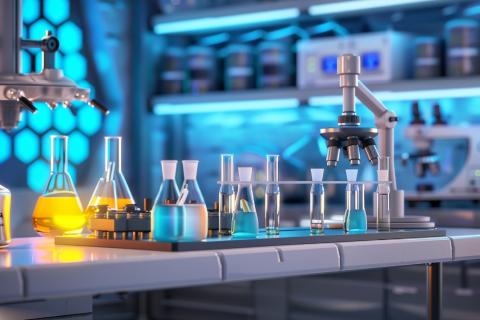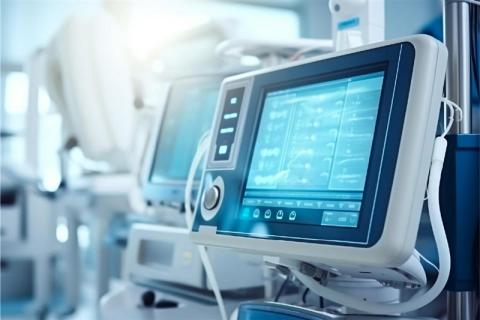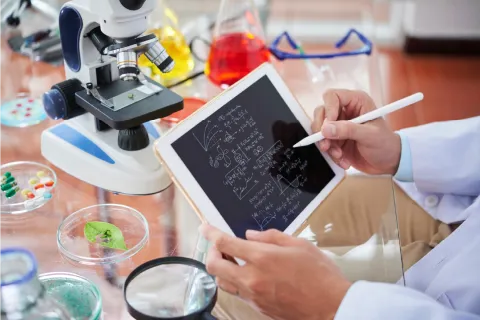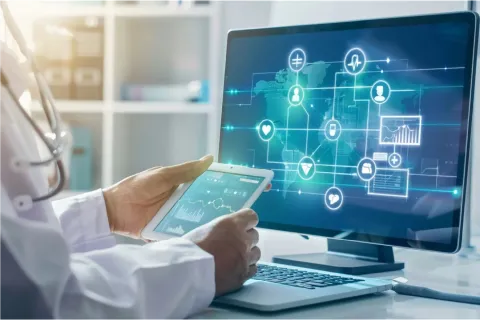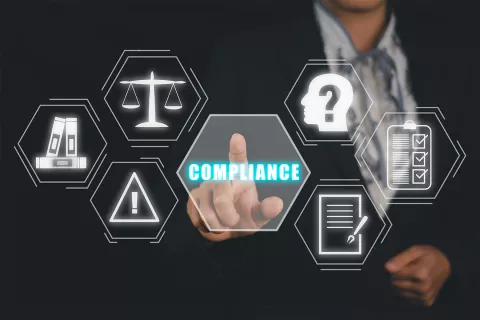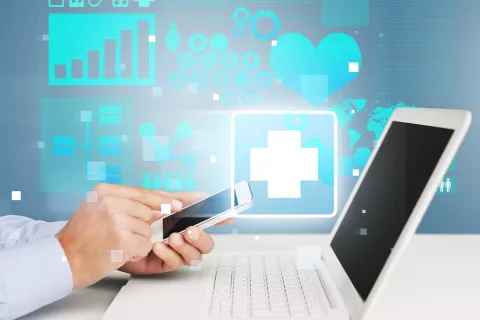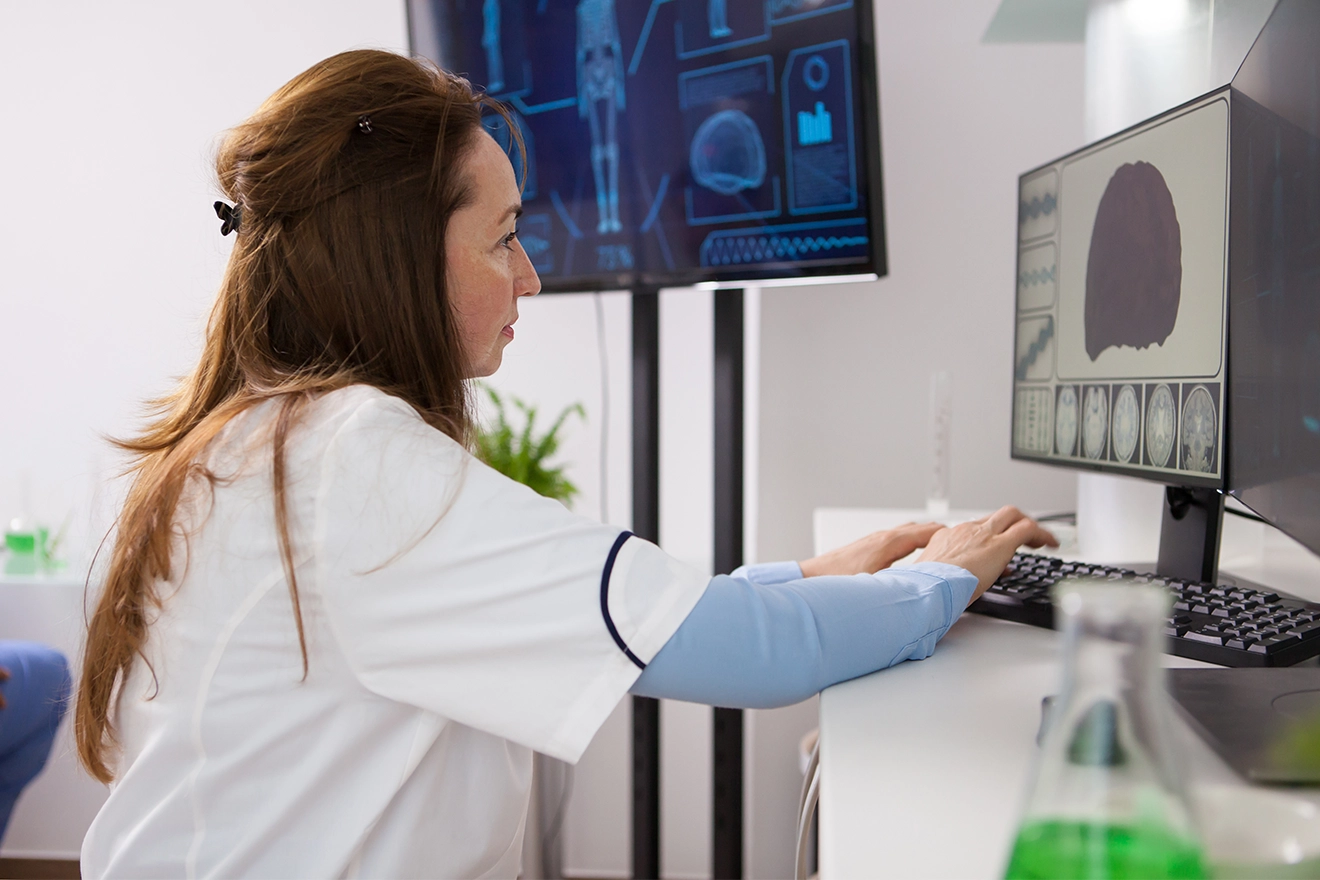
Post-market surveillance (PMS) is a system through which surveillance of adverse events and malfunctions of health products in the post-market phase are carried out, aimed at recommending the adoption of measures to ensure the protection and promotion of public health.
The goal of technovigilance is to ensure the safety and efficacy of medical devices and to protect patients, users, and other individuals from any harm or injury caused by the devices. It involves the collection, analysis, and evaluation of data on adverse events, as well as the implementation of Corrective and Preventive Actions (CAPA), whenever necessary.
Medical device manufacturers selling their products in Brazil must adhere to a strict technovigilance system for carrying out PMS and Field Safety Corrective Actions (FSCA), according to the standards set by the Agência Nacional de Vigilância Sanitária (ANVISA), or the National Health Surveillance Agency/Brazil Health Regulatory Agency. Both Resolution RDC No. 67/2009 and Resolution RDC No. 551/2021 contain vital details about language, deadlines, and other requirements for technovigilance reporting in Brazil.
On the one hand, RDC 67/2009 lays out the general guidelines for PMS, which must be followed by registration holders of health products based in the national territory. On the other hand, RDC 551/2021 specifies the circumstances under which medical device registration holders in Brazil are required to execute and notify field actions, also setting forth its minimum standards.
Maintaining the quality, safety, and efficacy of medical devices from the manufacturer right up to the end user is the joint responsibility of the registration holder and any other parties involved in their production, use, or disposal, as appropriate.
The registration holder of a medical device is required to promptly notify ANVISA about any field action involving their product. The notification must be made within specific timeframes, depending on the nature and severity of the situation. The timeframes are elucidated as follows:
- If a large circulation media vehicle is required to disseminate the alert message, the registration holder must notify ANVISA within three (03) calendar days.
- Similarly, if there is a serious threat to public health, the registration holder must make the notification within three (03) calendar days.
- When the risk of a serious adverse event is identified and the situation does not fit into either of the first two (02) categories, the registration holder must notify ANVISA within ten (10) calendar days.
- If the situation does not fit into any of the above three (03) categories, the registration holder must notify ANVISA within thirty (30) calendar days.
In addition, the registration holder must notify the National System of Health Surveillance (SNVS) as quickly as possible, if certain verified events, which are associated with health products registered in their name, occur within the national territory. Such events include death, serious threat to public health, and counterfeiting, among others.
If the verified event occurs in another country but is associated with health products registered in Brazil, the registration holder must notify ANVISA within ten (10) days of becoming aware of the event.
The notification timelines for registration holders of health products to notify SNVS about verifiable incidents connected with their products are:
- When they learn that a fatality, a major threat to public health, or counterfeiting is connected to their registered products in the country, the registration holder is required to notify the SNVS within seventy-two (72) hours.
- The registration holder must notify the SNVS within ten (10) days of any significant adverse events that do not involve death or non-serious adverse events that have the potential to cause serious injury.
- If specific conditions exist, the registration holder should notify the SNVS within thirty (30) days of the occurrence of a verified defect that could result in a major adverse event.
The registration holder must also inform the SNVS of any verified incidents that are connected to their registered products in Brazil, which entail death, a major risk to public health, or counterfeiting, within ten (10) days of finding out about them.
Adverse events and malfunctions arising from use of health products, quoted in the notification to SNVS, which may constitute a violation of federal health legislation, will be investigated through the appropriate administrative process.
Overall, PMS for medical devices is critical for ensuring that patients receive safe and effective medical care. By monitoring the performance of medical devices in real-world settings, Regulatory authorities and manufacturers can identify and address safety issues, thereby improving the overall quality of healthcare.
In today’s highly regulated environment, PMS has become more important than ever. To be compliant with the new safety and reporting requirements that are being introduced/updated on a regular basis and to navigate the complex Regulatory landscape, reach out to our experts. Stay informed! Stay compliant!
